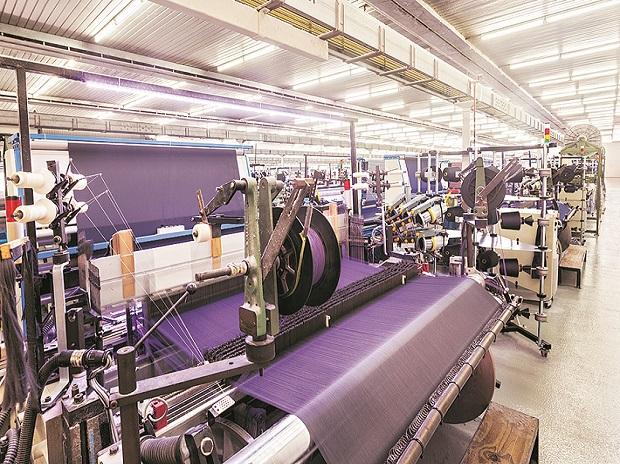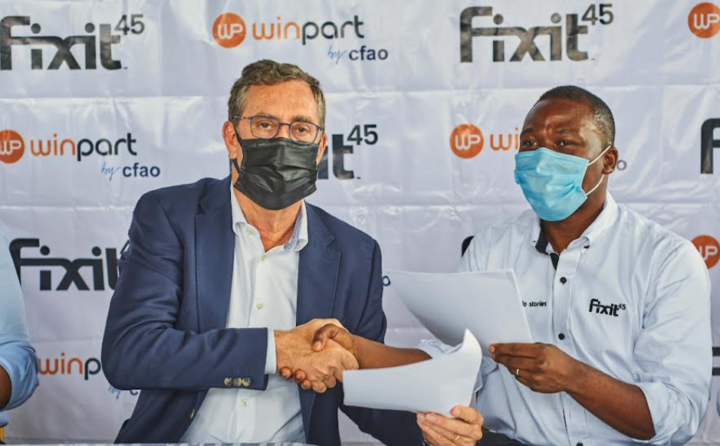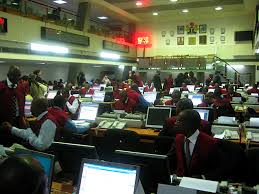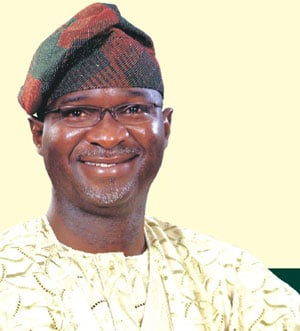Textile manufacturing
The Manufacturers Association of Nigeria (MAN) says counterfeiting and the influx of cheap imports are some of the factors stifling competitiveness in the textile and leather industry.
According to NAN, Segun Ajayi-Kadir, director-general of MAN, spoke on Wednesday at the annual general meeting of the association’s textile, wearing apparel, carpet, leather and footwear sectoral group in Lagos.
He asked the government to partner with financial institutions and industry players to drive the revival of and competitiveness in the country’s textile and leather sectors.
Ajayi-Kadir described the sectors as labour-intensive with huge potential for value addition, job creation, and exports — noting that the industries also reflect Nigeria’s creativity and cultural heritage.
Advertisement
The MAN DG, however, listed high production costs, limited raw materials, poor infrastructure, smuggling, counterfeiting, and an influx of cheap imports as factors crippling competitiveness.
“Collaboration must be strategic, involving manufacturers, government, financial institutions, research bodies, and development partners,” Ajayi-Kadir said.
Such cooperation, he said, would support shared innovation and policy alignment.
Advertisement
Ajayi-Kadir stressed the need for coordinated efforts across the entire value chain, from cotton farming and spinning to garment making, and from hides processing to finished leather goods.
He called for stronger connections between raw material suppliers and manufacturers, alongside greater backward integration and joint ventures to boost technology, skills, employment, and capital.
The MAN executive also urged the government to enforce policies that protect local industries, promote fair competition, and strengthen industrial clusters.
He appealed to the government to enforce policies that support local industries, ensure fair competition, and strengthen industrial clusters.
Advertisement
“Every metre of local fabric and every pair of Nigerian-made shoes strengthens our economy and dignity,” he said.
Also speaking, Nike Ogunlesi, chief executive officer of Ruff ’n’ Tumble, said while Nigeria’s fashion industry is growing, most fabrics used locally are still imported.
She stressed the need for standards, quality control, and certification to boost trust in made-in-Nigeria products.
‘POOR INFRASTRUCTURE ERODING INVESTOR CONFIDENCE’
Advertisement
Ilyas Saleh, chairman of MAN’s textile and leather group, said the sectors, which once held a prominent place in Nigeria’s industrial landscape, have suffered setbacks.
He cited poor infrastructure, high energy costs, smuggling, and policy inconsistency as key barriers eroding competitiveness and investor confidence.
Advertisement
Saleh said collaboration is crucial for the sectors’ recovery and sustainable growth, adding that cooperation among industries, investors, researchers, and other stakeholders would strengthen value chains, improve technology adoption, and increase local sourcing.
He said such synergy would also expand market access within Nigeria, across Africa through the African Continental Free Trade Area (AfCFTA), and in global markets.
Advertisement






